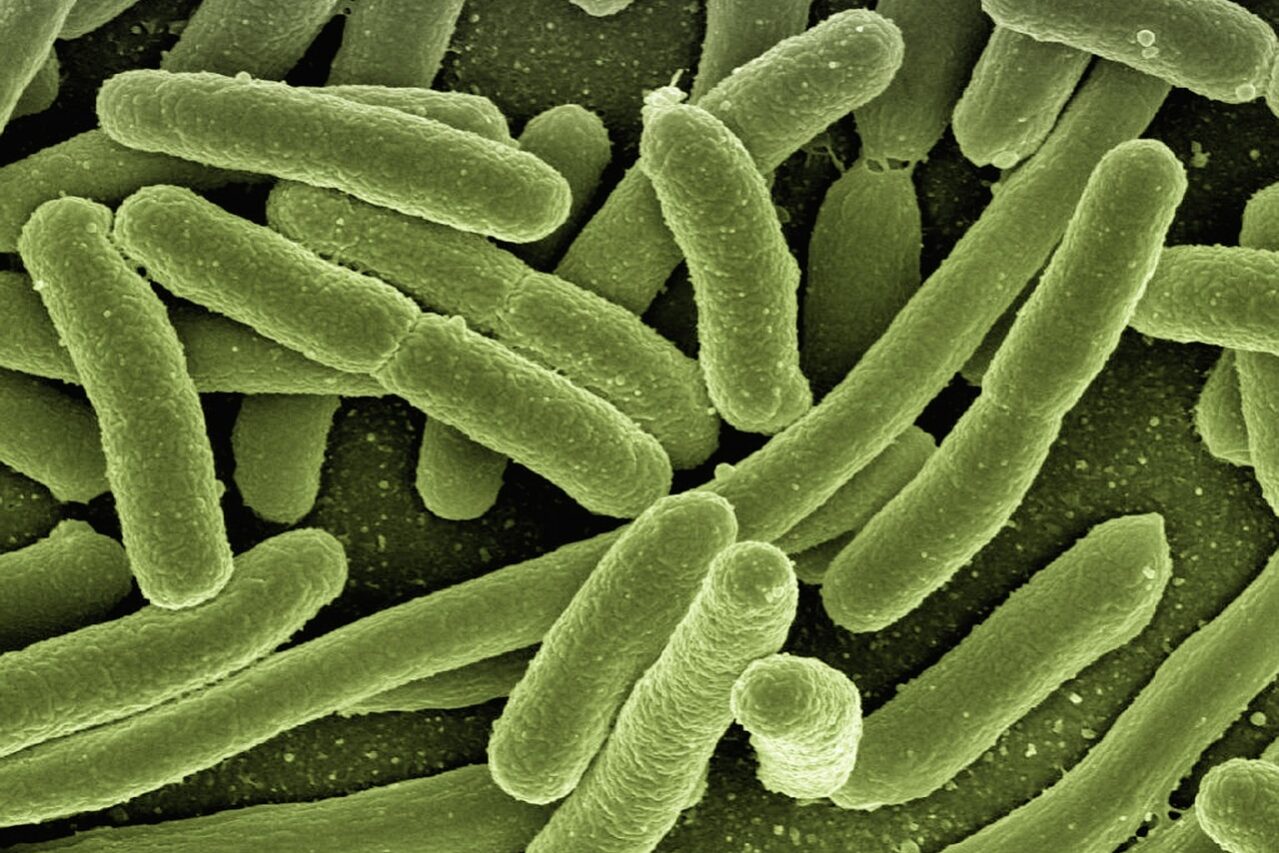JEFFREY GORDON, E. PETER GREENBERG AND BONNIE L. BASSLER
2023 PRINCESS OF ASTURIAS AWARD FOR TECHNICAL & SCIENTIFIC RESEARCH
Jeffrey Gordon has spearheaded the study of the human microbiome, the set of microorganisms that inhabit our intestines (tens of trillions: several times more than the total number of our own cells), and their influence on human health, not only in nutrition, digestion and metabolism (diabetes, obesity, malnutrition), but also in the immune and neurological development of children and young people.
Bonnie L. Bassler and E. Peter Greenberg are pioneers in the study of inter-bacterial communication through the emission of certain substances and how the formation of large groups generates behaviour which differs from that produced when they are isolated. This is called ‘quorum sensing’ (a term coined by Greenberg in a 1994 scientific article).
Biography
Jeffrey Gordon has spearheaded the study of the human microbiome, the set of microorganisms that inhabit our intestines (tens of trillions: several times more than the total number of our own cells), and their influence on human health, not only in nutrition, digestion and metabolism (diabetes, obesity, malnutrition), but also in the immune and neurological development of children and young people. Gordon used transgenic mice to demonstrate that intestinal epithelial cell differentiation was conditioned by environmental signals and that Bacteroides thetaiotaomicron is responsible for the production of polysaccharides in intestinal cells. He thereby demonstrated the importance of nutrient exchange relationships between the microbiota and the host. He played a leading role in the Human Microbiome Project, which has made it possible to estimate the species that make up the microbiota at around 10 000 and to sequence the genome of more than a hundred of them to date. He subsequently focused on the role of the microbiome in the development of diseases such as obesity and diabetes, offering a new approach in the treatment of malnutrition in children and its developmental consequences, which depend not only on diet, but also on the acquisition of a healthy microbiome. Consequently, he proposes microbiota transplants as an innovative treatment to improve the nutritional status of populations.
Bonnie L. Bassler and E. Peter Greenberg are pioneers in the study of inter-bacterial communication through the emission of certain substances and how the formation of large groups generates behaviour which differs from that produced when they are isolated. This is called ‘quorum sensing’ (a term coined by Greenberg in a 1994 scientific article). Building on some previous publications on the phenomenon, Bassler and Greenberg separately contributed to understanding it and demonstrating its mechanism. Each bacterial species has its own molecule (a language) that it secretes and that only those of its own species recognize, so they know when there are others around them and tend to form a community (the ‘quorum’) that regulates the expression of some genes. In the 1980s, Greenberg discovered that the bioluminescent bacterium Vibrio fischeri only produced light when in large groups, and that its members coordinated via a chemical signal. Starting in 1990, Bassler studied the phenomenon in the bacterium Vibrio harveyi and unravelled the molecular mechanisms of quorum sensing. She also discovered that bacteria can emit and receive other substances to communicate between different species and that there is a universal language (what she calls “a bacterial Esperanto”). Bacterial communication is important as part of our body’s microbiota, as well as due to its role in infections, in which there is a stage of low activity until a large group is formed, as if waiting to accumulate strength, following which they carry out a mass attack on the organism. Based on this phenomenon, antagonist molecules of these substances are being developed to interfere with communication as a possible antimicrobial pathway for antibiotic-resistant bacteria, the efficacy of which has already been demonstrated in the laboratory in mice.
Statement by Bonnie L. Bassler following the conferral of the 2023 Princess of Asturias Award for Technical and Scientific Research.
“I am thrilled to receive the 2023 Princess of Asturias Award for Technical and Scientific Research. It is a great honor. My heartfelt thanks to their Majesties and Her Royal Highness and to the Asturias Foundation for recognizing my team’s work. I eagerly look forward to celebrating discovery, creativity, and achievement together with you and the community you have fostered”.
Bonnie L. Bassler
Princeton (New Jersey), 7th June 2023
Statement by Jeffrey Gordon following the conferral of the 2023 Princess of Asturias Award for Technical and Scientific Research.
“I thank members of the selection committee for this magnificent award with its extraordinary history of past recipients. As such, I feel deeply humbled as well as extremely grateful for its recognition of the work of the group of multi-talented students, staff and colleagues who I have been so fortunate to have shared a journey with and learned from over the years”.
Jeffrey I. Gordon
St. Louis (Missouri), 7th June 2023
Statement by E. Peter Greenberg following the conferral of the 2023 Princess of Asturias Award for Technical and Scientific Research.
“I am both surprised and delighted to learn I have been awarded the 2023 Princess of Asturias Award for Technical and Scientific Research. It is a great honor to receive the award with my scientific colleagues Jeff Gordon and Bonnie Bassler. I thank the Foundation for recognizing the achievements of the great scientists who have found their ways to my research group over several decades. I am excited to join the other laureates to celebrate creativity with you this coming October.”
Peter Greenberg
Seattle, 7th June 2023
Date: October 21st 2023
Source: Princess of Asturias Awards
Nutrigenomics Institute is not responsible for the comments and opinions included in this article






